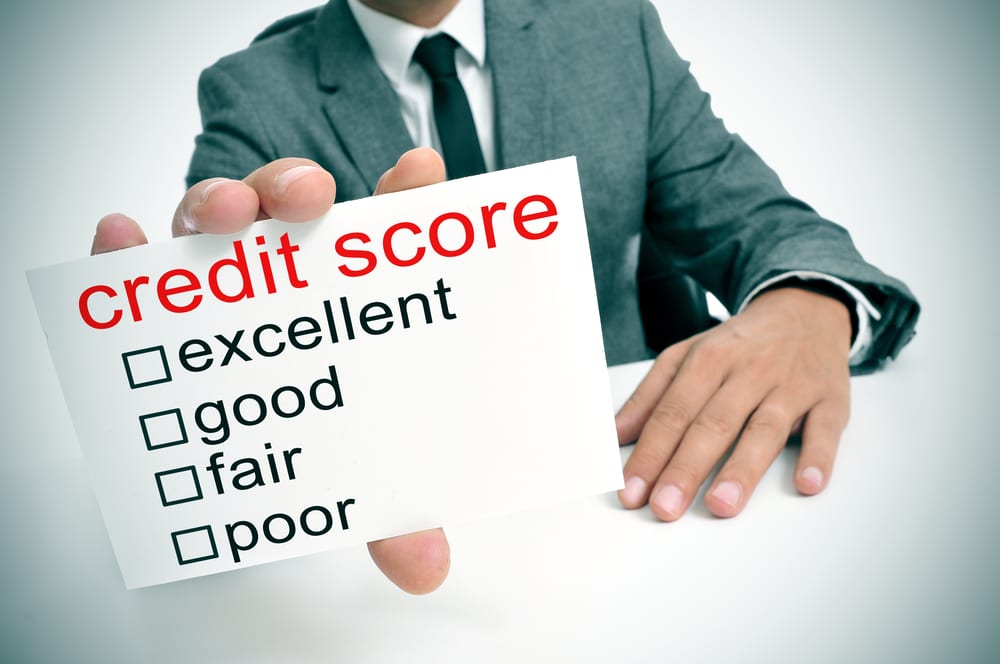It’s not difficult to find someone in the small business finance space talking about the importance of creating and maintaining a good credit profile. Maintaining a solid personal credit score along with a good business credit profile are both critically important when looking for a small business loan. Here are eight things you can start doing to improve your profile today:
#1. Know the score
Do you know your personal credit score? If you don’t, you should. It’s the first place to start. The federal government mandates you have free access to your credit report once a year. Annual Credit Report.com is one place you can access your report, but you’ll find others with an Internet search. I’d also recommend monitoring your personal credit report on a regular basis. All three of the major credit bureaus that report on your personal credit (Experian, Transunion, and Equifax) offer monitoring services, but there are dozens of other sites that have similar offerings. Anytime something new is added to your report, you’ll get a notification so you can verify whether or not it’s supposed to be there.
#2. Understand your business credit profile
While every business owner has both a personal credit score and a business credit profile, some business owners haven’t established any business credit, or business credit history, yet. The three major business credit reporting agencies, (Dunn & Bradstreet, Experian, and Equifax) use information about your industry and other public data, in addition to your credit history, to craft your business credit profile. All three of the bureaus look at your profile a little differently, so it’s important to review all three.
And, while there isn’t a “business credit score” that tells the whole story, most people think of the D&B Paydex® score when they think of the business credit score—but I’d suggest you don’t stop there. It’s well worth the time to review your business profiles with all three of the major bureaus and create relationships with them to make sure your information is correct.
#3. Make sure your personal credit report is accurate
After you’ve reviewed your personal credit report, all three of the major bureaus have a review process allowing you to dispute any verifiable errors. They also allow you to annotate your report with a 100-word explanation if there are extenuating circumstances (like a divorce, natural disaster, or prolonged illness) that contributed to your current score. In 2013, the Federal Trade Commission reported that five percent of consumers had errors on their personal credit report, so it makes sense to review your score to ensure it’s accurate.
#4. Verify your business profiles are up to date
Your business credit report includes information about how you pay your vendors, how timely you make business loan payments, and whether or not you’re current with any business credit cards. Your profile also includes information you might not be aware of. They pull information from the public record about your company, your industry, and any other publicly available company background. If you don’t validate the information they have on file about your business, they’re forced to make a best guess on things like your SIC (Standard Industry Classification) code, which could potentially classify your business as higher risk and make it more difficult to get a small business loan.
#5. Find out if your suppliers report your credit history to the bureaus
If you always pay your vendors on time and have a great history with them, but they don’t report your good credit behavior to the bureaus, it doesn’t do anything to help you build a stronger credit profile. Ask your suppliers if they report your credit history, and if they don’t, encourage them to do so. The bureaus use this information to predict how likely you are to meet your credit obligations in a timely manner.
#6. Pay on time
This applies to both your personal and business obligations. 35 percent of your personal credit score is determined by whether or not you make timely payments on your mortgage, an auto loan, or your personal credit cards. The same is true for business credit. Paying your bills on time is the single biggest thing you can start doing today to improve your credit profile.
#7. Don’t apply for more credit than you need
Thirty percent of your personal credit score is directly related to how much debt you have compared to how much credit you have available. It’s a good idea to keep that ratio below 39 percent. And, most business lenders consider a business debt ratio above 40 percent to be high, which will make it harder to get a small business loan. If your current debt load is high, paying down your debt can be a helpful next step.
#8. Don’t be fooled
There are no shortcuts to fixing a bad credit score. Slow and steady wins this race. Be wary of a credit repair company that promises “overnight” results.
Building a good credit profile not only helps you qualify for a small business loan, it allows you to pick and choose the loan that makes the most sense for your business needs. These suggestions are things you can start doing today that will make a real difference in both your personal credit score and your business credit profile.
Images: “man in suit showing a signboard with the different ranges of the credit score: excellent, good, fair and poor/Shutterstock.com“
______________________________________________________________________________
Tweak Your Biz is a thought leader global publication and online business community. Today, it is part of the Small Biz Trends stable of websites and receives over 300,000 unique views per month. Would you like to write for us?
An outstanding title can increase tweets, Facebook Likes, and visitor traffic by 50% or more. Generate great titles for your articles and blog posts with the Tweak Your Biz Title Generator.



